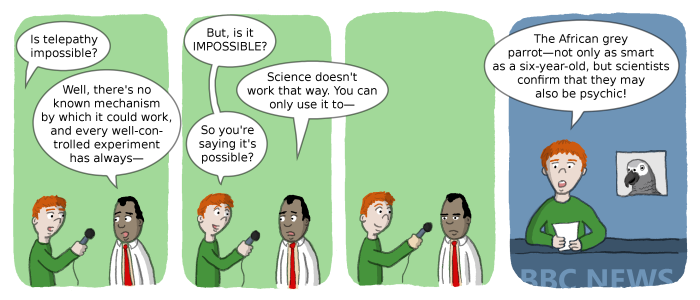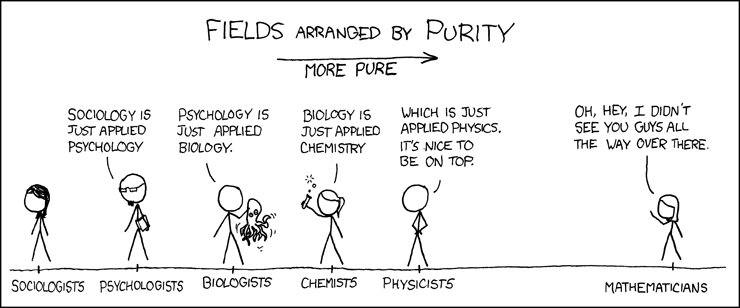Brownian trends
I'm not sure whether David Brooks has changed his mind about nature and nurture, or just has a short attention span. It wasn't long ago that he told us ("David Brooks, Neuroendocrinologist", 9/17/2006) that
Once radicals dreamed of new ways of living, but now happiness seems to consist of living in harmony with the patterns that nature and evolution laid down long, long ago.
But in his most recent column (David Brooks, "The Luxurious Growth", 7/15/2008), he's singing a different song:
It wasn’t long ago that headlines were blaring about the discovery of an aggression gene, a happiness gene or a depression gene. The implication was obvious: We’re beginning to understand the wellsprings of human behavior, and it won’t be long before we can begin to intervene to enhance or transform human life.
Few talk that way now. There seems to be a general feeling, as a Hastings Center working group put it, that “behavioral genetics will never explain as much of human behavior as was once promised.”
Studies designed to link specific genes to behavior have failed to find anything larger than very small associations. It’s now clear that one gene almost never leads to one trait. Instead, a specific trait may be the result of the interplay of hundreds of different genes interacting with an infinitude of environmental factors.
Read the rest of this entry »

 A sample of today's
A sample of today's 